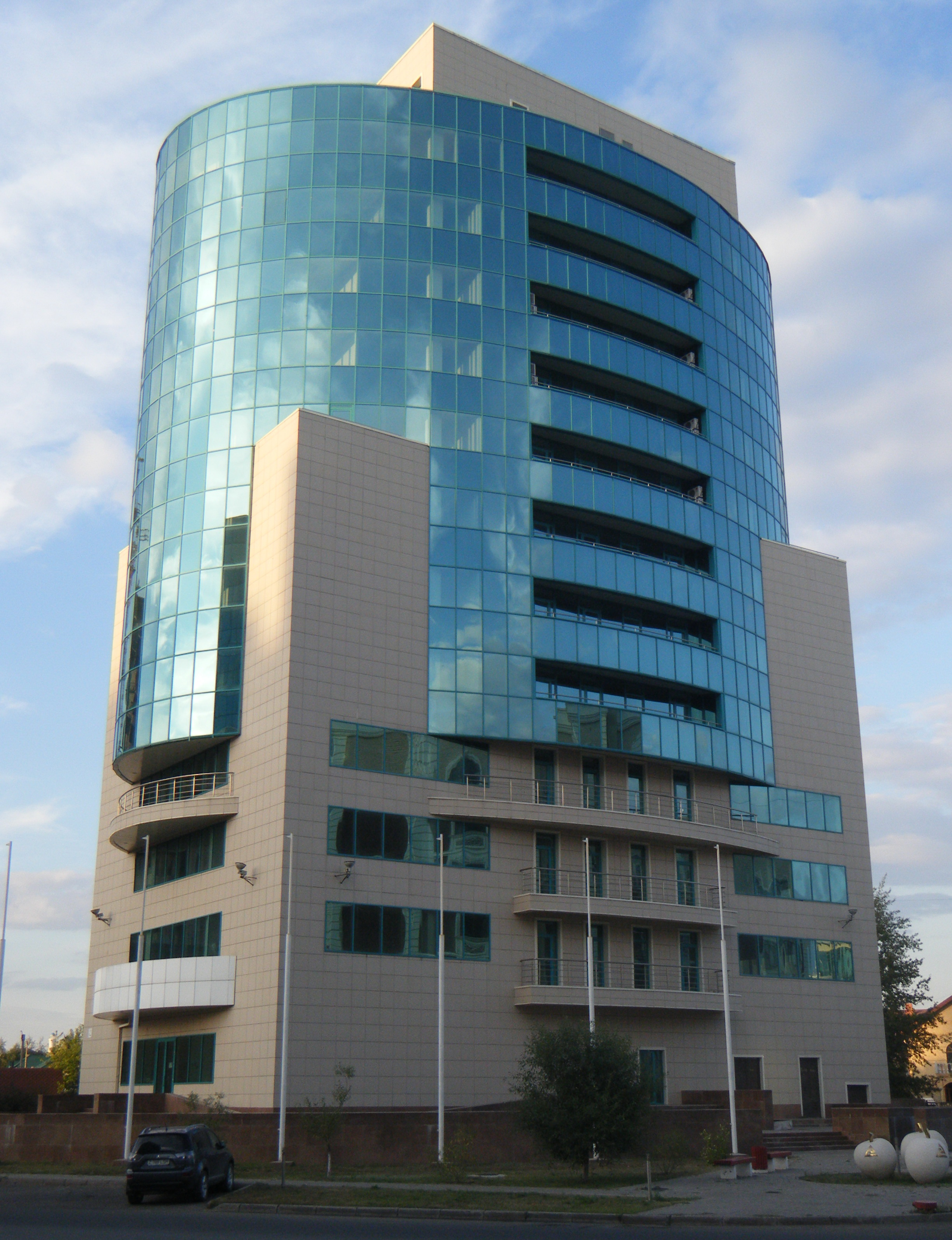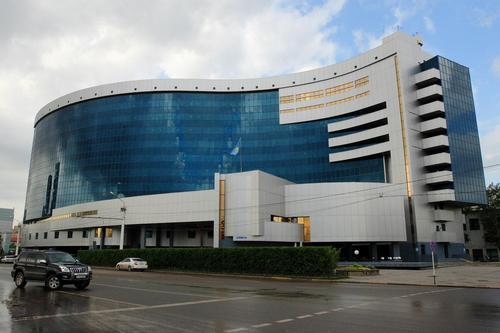Located in one of the most important strategic and resource rich regions, the Kazakh Agrotechnical Research University (KATRU), also known as Seifullin University, has been a distinguished and proven leader in solid fundamental and applied research since 1960s in the fields of agricultural economics; crop production, agriculture, agro-chemistry and soil science, plant protection; microbiology, veterinary medicine and animal husbandry; plant and animal biotechnology; land management, architecture and design, mechanization and electrification of agriculture, as well as humanitarian areas.
Established in 1957, KATRU scientists’ research and scientific and technological innovations played a key role in transforming the Soviet Union into a superpower and excel in food production, agriculture engineering, energy and ecology, biotechnology and other fields.
Since the independence of Kazakhstan in 1991, through its cutting-edge research solutions and technological innovations KATRU has been a driving force and an engine behind the unprecedented economic growth, scientific innovations and infrastructural developments in modern Kazakhstan, which have transformed Kazakhstan into the most advanced and developed state in Central Asia.
KATRU is a pioneer and a towering example for other academic institutions for building ‘research bridges’ between policymakers and academia this meaningful coordination and cooperation gave birth to innovative wonders. Kazakhstan’s capital city, Astana, is among one of those wonders.
Today, Astana is known world over for its modern and unique architecture and city structures.



We are proud to inform that scientists and researchers of KATRU Department of Architecture have a significant role and contributions in the engineering and designing of Astana’s major building structures and architecture. Such buildings include Kazakhstan’s largest Sports Complex, Astana’s stunning entertainment center “Duman”, the Ministry of Agriculture’s “Asia Business Center”, a state-of-the art shopping center “Alem” City’s “skating rink”, “Chubary” business center, Department of Justice, residential complexes and many more buildings.
Integrative and Collaborative Research Approach
From food security to climate change and from uneven distribution of populations and shrinking resources to the instability and inequalities caused by globalization, our planet faces unprecedented challenges posed by nature, human activity and technology. However, there are new and unparallel opportunities, technologies and information for communities of scholars across the globe to explore new avenues and horizons and find alternate ways, and innovative solutions for resolving existing and emerging crisis, and use the new opportunities for the benefit of humanity.
KATRU Community of Scholars pursues integrative and collaborative research approaches in the generation and application of knowledge by integrating science, education, enquiry, innovation and enterprise.
The University aspires to create an agile, comfortable and collaborative research culture and environment that supports, empowers and encourage individual researchers, and collective research at the University.
The focus of our Research Strategy is the promotion and encouragement of cross-discipline and inter-disciplinary research. Our research projects involve scientists and researchers of different KATRU faculties on the one hand, and researchers from outside institutions and organizations, on the other.
agricultural products
KATRU is interested in forging meaningful and productive research partnerships beneficial to research partners and for the wider good of the society, and humanity. Once areas of joint research are identified and agreements on relevant projects are reached, KATRU will fully facilitate our individual and institutional research partners from around the world. We will be providing them access to our research facilities—farms, laboratories—and if needed office spaces at our premises.
Почетный профессор Казахского национального аграрного университета. Карьера. 1979 г. — Кайрат Айтуганов начал работать оператором цеха перевозки Кокчетавского почтамта. 1984-1985 гг. — ассистент кафедры почвоведения Целиноградского сельхозинститута. 1987-1989 гг. — агроном, старший агроном, главный экономист совхоза Карабулакский Зерендинского р-йона Кокчетавской обл.
